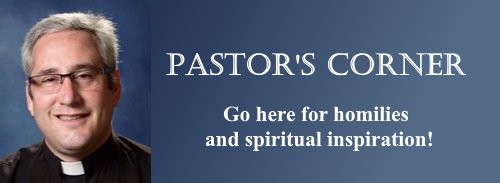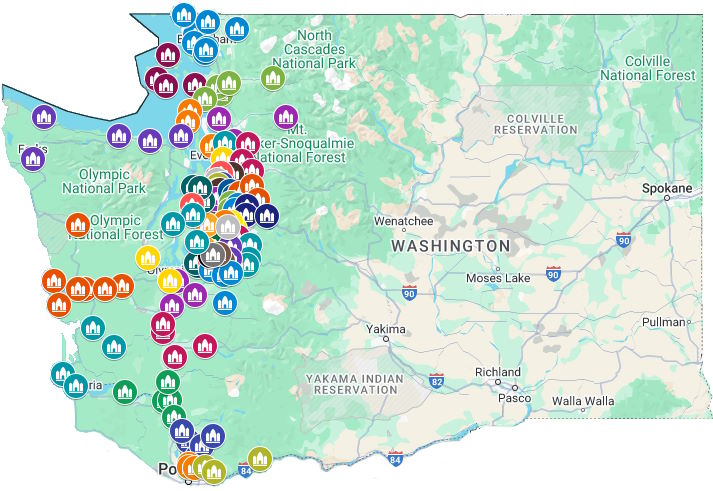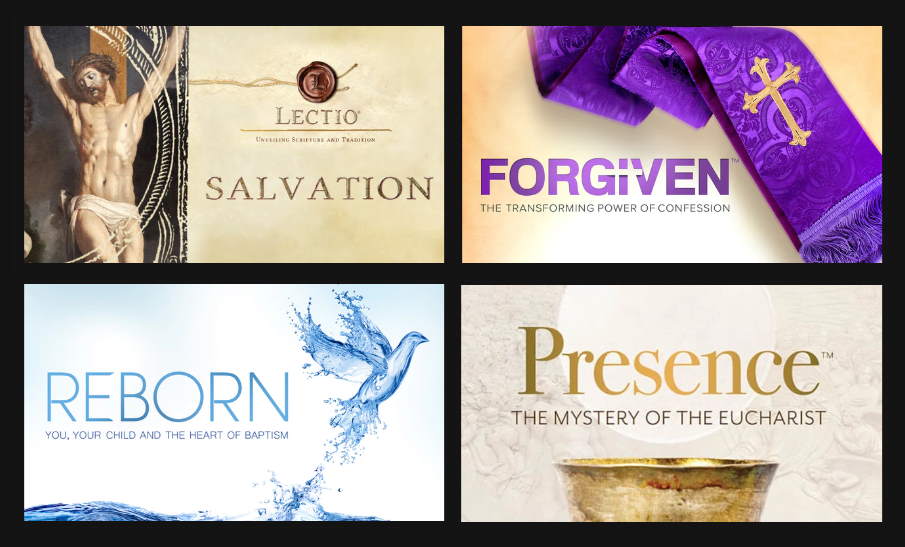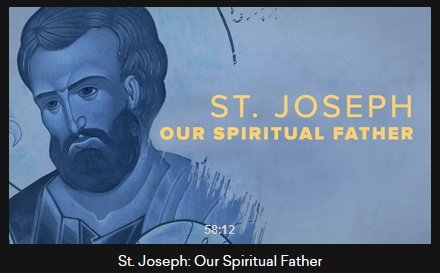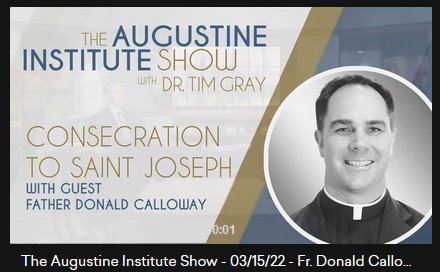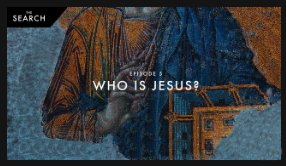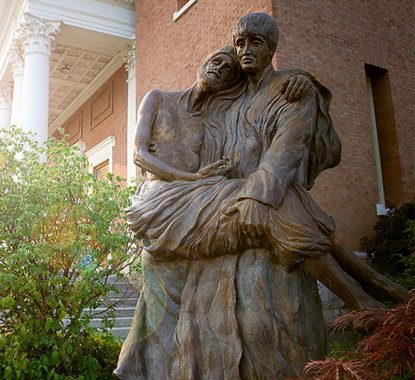Expand Your Religious Horizons
Homily 03 12 2017
2nd Sunday of Lent A
Homily 03 12 2017
2nd Sunday of Lent A
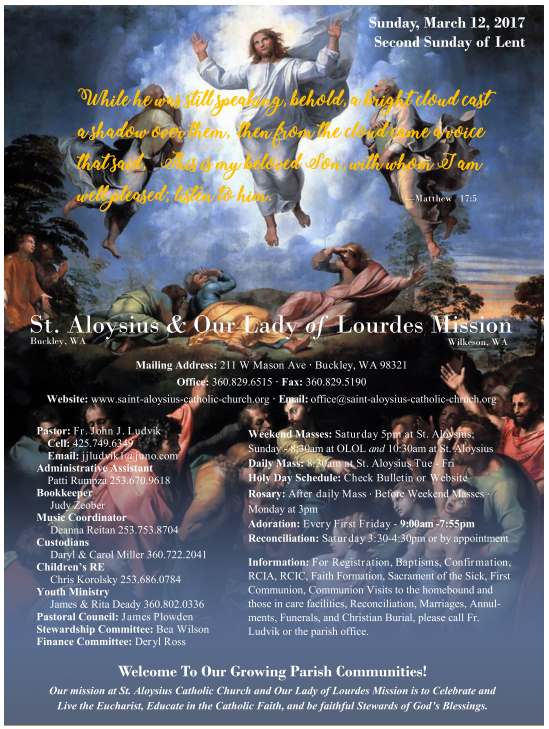 View our bulletin for this weekend
View our bulletin for this weekendView the Readings for this day
Homily 03 12 2017
Once upon a time, a man took his new hunting dog on a trial hunt. After a while, he managed to shoot a duck and it fell into the lake. The dog walked on the water, picked up the duck and brought it to his master. The man was stunned. He didn’t know what to think. He shot another duck and again it fell into the lake and, again, the dog walked on the water and brought it back to him. What a fantastic dog – he can walk on water and get nothing but his paws wet.
The next day he asked his neighbor to go hunting with him so that he
could show off his hunting dog, but he didn’t tell his neighbor anything
about the dog’s ability to walk on water. As on the previous day, he
shot a duck and it fell into the lake. The dog walked on the water and
got it. His neighbor didn’t say a word.
Several more ducks were shot
that day and each time the dog walked over the water to retrieve them
and each time the neighbor said nothing and neither did the owner of the
dog.
Finally, unable to contain himself any longer, the owner asked
his neighbor, "Have you noticed anything strange, anything different
about my dog?" "Yes," replied the neighbor, “Your dog doesn’t know how
to swim."
The neighbor missed the point completely. He couldn’t see
the wonder of a dog that could walk on water; he could only see that the
dog didn’t do what other hunting dogs do to retrieve ducks – that is to
swim.
The disciple, Peter, was good at missing the point at the theophany or transfiguration of Jesus….Transfiguration as is clear from his declaration: “I will make three tents here, one for you, one for Moses and one for Elijah.”
‘This is my Son, the Beloved, he enjoys my favor, listen to him.’
Transfiguration strengthened the first disciples for the coming passion of their Lord (Matthew) / Rabbi (Mark) / Master (Luke), so our hearing about it today should strengthen us and make us more responsive to the whole Paschal Mystery which we are preparing to celebrate.
As we continue our Lenten journey towards Easter, we recall today the experience of the first disciples on their journey to the first Easter in Jerusalem.
On a high mountain they beheld for a moment the glory of Jesus and heard the Father’s voice saying, ‘This is my Son, the Beloved, he enjoys my favor, listen to him.’
This gospel challenges all the easy deductions that we make about Jesus: Jesus the inspiring teacher, Jesus the compassionate preacher, Jesus the friend of the poor. He is all these, but he is also the One who comes from the Father, the One who, we believe, was prepared for by the prophets, the One who stands at the center of history. The transfiguration calls us to expand our religious horizons.
The scene calls for our minds and imaginations to dwell on it and seek to make its ‘picture’ of the advent of God our own. So give a bit of the background that the first audience would have known, and then let imagination seek greater depths.
So our prayer during Lent needs to be enthusiastically similar to the words spoken by Peter to Jesus during the Transfiguration: ‘Lord, it is wonderful for us to be here’ (Mt 17:4).
The hours on the mountain were a huge experience for Peter, James and John, who would always be with him. They saw him in his glory, the beloved son of the Father. There was more to him than meets the eye.
You climb a mountain and you see new views, you see the city from a new vantage point. You see the countryside in its beauty. We need times to climb mountains and get away from the ordinary. Lent is a time like that – as we give something up, we take something on. From the mountain, we will return with a greater faith, nourished by the Word of God.
Whenever we climb the mountain of the Lord or make any journey with him, we are changed. As every mountain is different, so every moment with him is well worth while!
We receive this word of God and we receive our call to share it. The apostles would spend their lives sharing what they got on the mountain, and how it changed them.
The Transfiguration of Jesus leads to surrender on the part of the beloved, Jesus to God’s purposes, and the disciples to the purpose of Jesus.
Teresa of Lisieux was transformed into God’s purpose for her when she discovered that her vocation in the church was love. There is none other. God’s love is God’s purpose in all creation and in all redemption.

